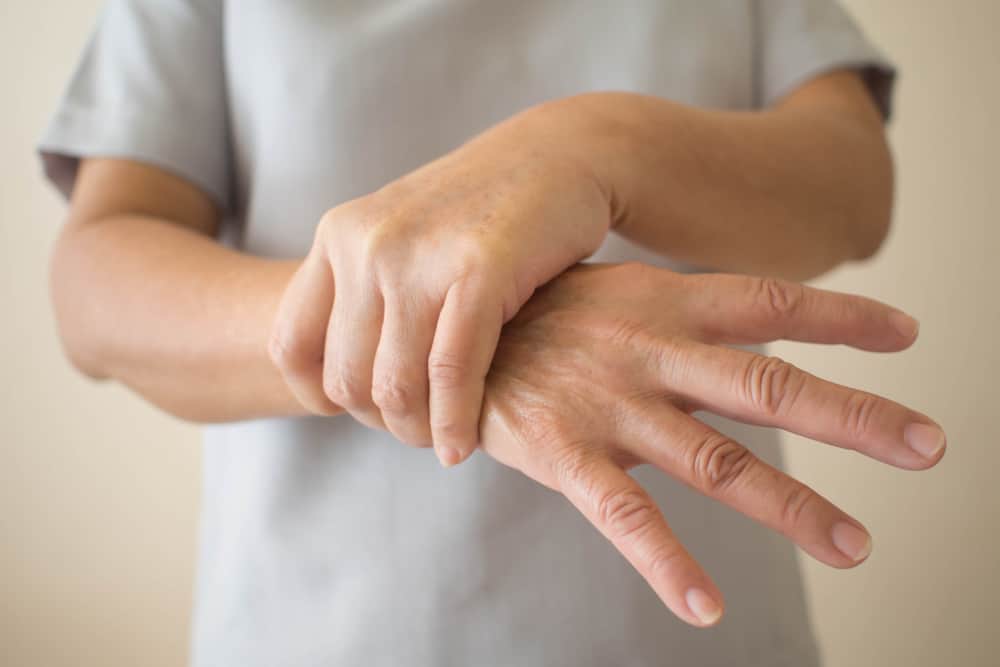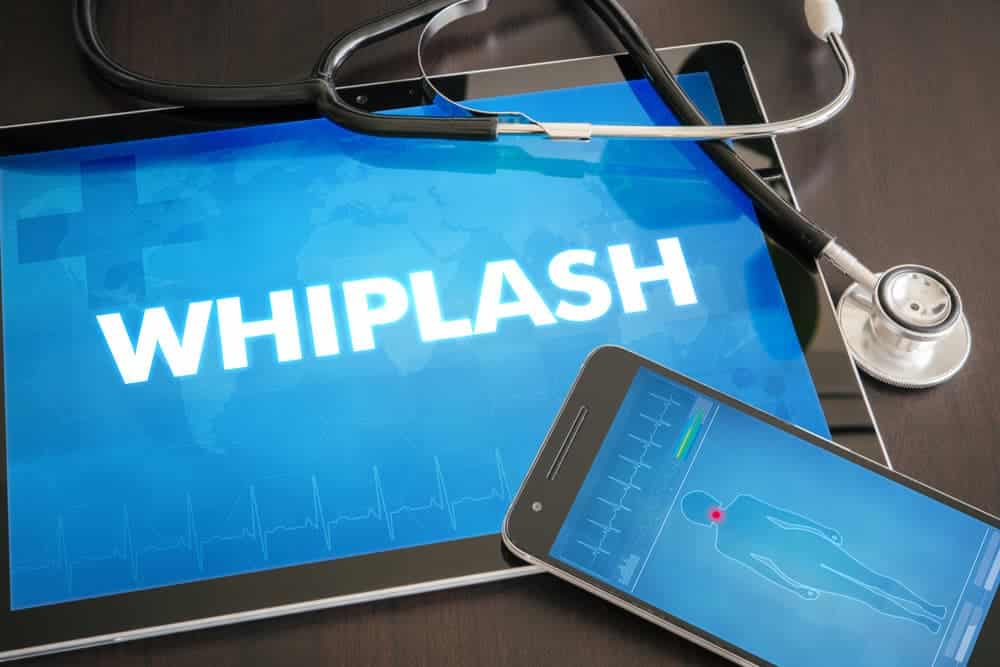A car accident can inflict significant harm on your physical body, from fractures and dislocations to tears, cuts, and bruises. However, the repercussions of a car accident can extend beyond these immediate physical injuries, potentially leading to more serious and long-lasting conditions. Neurological disorders, which may stem anywhere from whiplash to concussions, are among these serious outcomes, highlighting the critical need for the attention of a neurologist, spine doctor, and other specialists experienced in car accident injuries for proper diagnosis and treatment.
Symptoms of Neurological Disorder After Car Accident
After experiencing a car accident, it’s crucial to be vigilant about the symptoms of neurological disorders, as early detection can significantly improve the outcome of any treatment. Symptoms to look out for include:
- Headaches that are persistent or severe
- Dizziness and balance issues after a car accident, which can indicate problems with the vestibular system or brain
- Tremors after a car accident, which could manifest as involuntary shaking or trembling that wasn’t present before the accident
- Memory loss or difficulty concentrating, which can be signs of traumatic brain injury (TBI) or other cognitive impairments
- Sensitivity to light and sound, often linked with concussions or TBIs
- Mood changes or swings, which can be caused by the stress of the accident or the neurological impact on the brain
- Numbness, tingling, or weakness in the limbs, indicative of nerve damage or spinal injuries.
What do you do if you’re still struggling with changes in your cognitive abilities, if you’re having trouble reading and writing if you’re experiencing decreased alertness, if you feel confused or agitated often, or if you are lethargic or fatigued? What if you’re experiencing numbness, tingling, muscle weakness, headaches, and other physical ailments that seem to have no cause? All of these things can be a sign of a neurological disorder, and the sooner you get treatment from specialty spine doctors and other medical experts, the sooner you’ll find relief from your symptoms.
When To See a Neurologist After a Car Accident?
You should consider seeing a car accident neurologist if you experience any of the symptoms listed above or if
- Your symptoms persist or worsen over time
- You have sustained a head, neck, or back injury, even if it seems minor
- You have a history of neurological disorders that may be exacerbated by the accident
A neurologist specializes in the nervous system and can provide a comprehensive evaluation to determine if your symptoms are related to a neurological disorder caused by the car accident. Early diagnosis and treatment are crucial for managing symptoms and improving your quality of life.
Types of Neurological Disorders Caused by Car Accidents
Car accidents can result in a range of neurological disorders, impacting victims in various ways. Understanding these conditions is essential for anyone who has been in an accident.
Traumatic Brain Injury (TBI)
TBIs are among the most common neurological injuries from car accidents, occurring when the head strikes an object, the brain is penetrated, or the brain moves rapidly inside the skull. This can lead to bleeding, bruising, and a host of both short and long-term issues.
Neuropathy
This condition affects the peripheral nervous system, which includes nerves outside of the brain and spinal cord. Neuropathy may arise when nerves are compressed, crushed, stretched, or severed, leading to numbness, tingling, prickling sensations, and weakness, often as a result of broken bones or other injuries.
Radiculopathy
Radiculopathy occurs when nerves exiting the spinal column are damaged or compressed, often presenting as pain, numbness, tingling, and weakness in the neck and lower back. The force from a car accident can cause radiculopathy without any visible external injuries, as the spine may be significantly impacted.
How Can a Car Accident Impact Neurological Function?
Many neurological disorders come about after a physical trauma of some kind. Injuries to the head or spinal cord are the most commonly associated with neurological disorders, and that’s because so many of the body’s most important nerves are housed in the spine. The force of a car accident alone can impact the nerves and surrounding tissue, not to mention the impact of a broken bone, spinal misalignment, or head injury can have on your neurological function.
If you have a back, neck, or head injury, a spine doctor will be able to look at your vertebrae, spinal discs, and surrounding tissue to determine if any nerves may be impacted after a car accident. This can help you pinpoint the source of your neurological injury and give your medical team more information to help them properly diagnose your disorder.
Even if you didn’t injure your head or spine in an accident, any injury to nerves, no matter where they are, can bring about a neurological disorder. A spine doctor is a valuable resource as they are often experts in the nervous system as well, and they can assist in forming a correct diagnosis to get you the best and most effective treatment.
Trust AICA Orthopedics for Car Accident Treatment
Whether your car accident resulted in a head injury, a spinal injury, a broken bone, or something else, if you suspect a neurological disorder of any kind, you need the car accident experts at AICA Orthopedics. Our team of spine doctors, neurologists, and other medical specialists will work together to provide you with the best and most comprehensive care to ensure your complete healing. Contact us today to schedule your appointment at a location near you.





